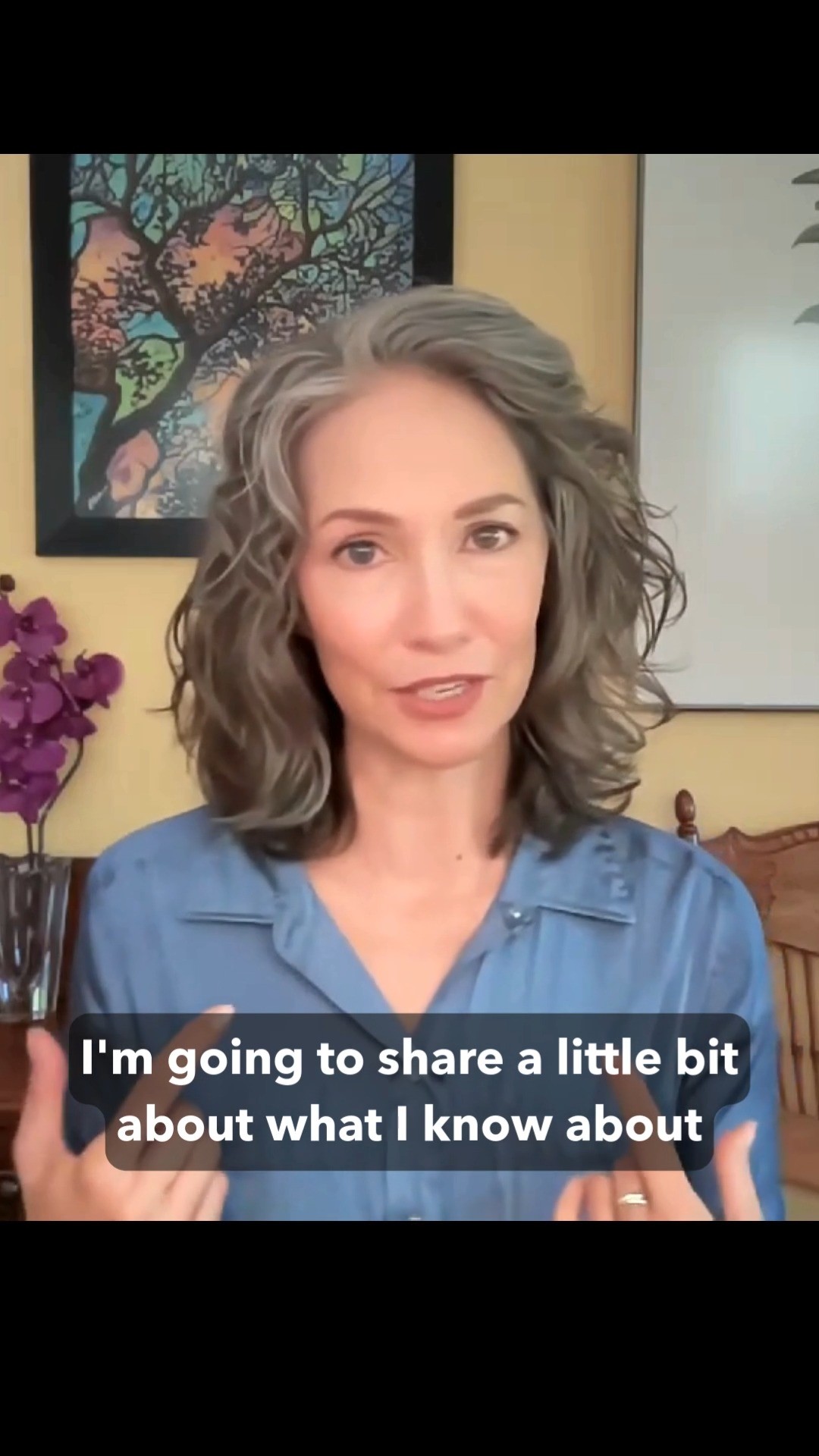Being Brave and Courageous
Being brave and courageous. What does that even mean, to “be brave”? I’m not talking about being ballsy or throwing all caution to the wind. To explain the difference, a little story for you. I was recently in a situation at work with someone who…













